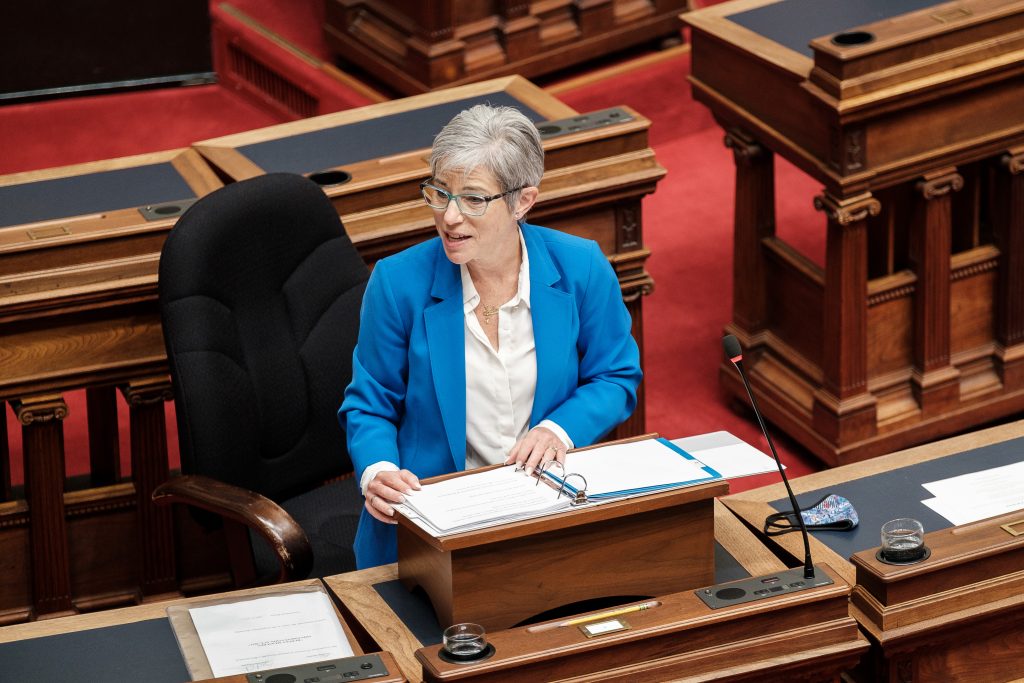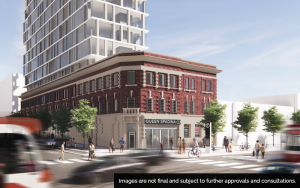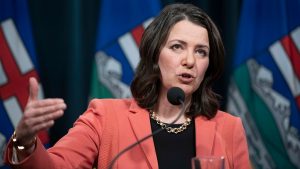The Province of B.C. has tabled its budget, projecting a $9.7 billion deficit for the year and more deficits in the coming years. The budget increased spending on the last budget by $3.5 billion.
“Through the adversity we have faced in the last year, we have witnessed the resilience of British Columbians time and again as communities rose to the challenge of COVID-19. As we continue to roll out the largest vaccination effort in our province’s history, we can see the light at the end of the tunnel,” said Selina Robinson, minister of finance. “We know a recovery won’t happen overnight, but by focusing on the things that matter most to people, we can ensure there are better days ahead for everyone.”
Here are some budget highlights that could impact the construction sector:
Infrastructure
In Budget 2021, capital spending on schools, hospitals, roads, bridges, housing, hydro-electric projects and other infrastructure around the province is expected to total $39.5 billion over the three-year fiscal plan period. This is $3.5 billion higher than Budget 2020 due to new capital spending in the areas of health, education and transportation, as well as revised timing for capital projects.
– An additional $20 million is being allotted for community destination development grants for new tourism infrastructure like trails and airport improvements.
– $36 million in operating funding and $47 million in capital funding will go to BC Parks to expand and improve trails and backcountry infrastructure, adding 100 new full-service campsites per year, purchasing new land to expand parks, improving the Discover Camping reservation system, and support existing park infrastructure.
– $11 million over the fiscal plan will support faster permitting for land-based decisions and ensure the province is better equipped to promote sustainable economic development.
– $18 million is slated for active transportation infrastructure like bike lanes, sidewalks and multi-use pathways.
– $7.8 billion in capital investments over the fiscal plan period will go to health care infrastructure, including the new Surrey Hospital and Cancer Centre and the new St. Paul’s Hospital, as well as new hospitals in the Cowichan District, Dawson Creek and District, Terrace and Stuart Lake. Investments also include new spaces for patients in the Burnaby Hospital, Kamloops’ Royal Inland Hospital, Penticton Regional Hospital and Cariboo Memorial Hospital.
Affordable housing
– An additional $2 billion in development financing through the HousingHub program to work with partners to build 9,000 new homes for middle-income families.
Businesses
– $10 million to increase value-added manufacturing in B.C. by supporting small and medium-sized businesses make their products more accessible in the market by commercialising new technologies or products.
– An additional $6 million in grants for businesses to help strengthen B.C.’s supply chain.
Buildings
– $46 million on energy-efficient buildings and communities, which includes $34 million to reduce diesel consumption for electric generation in remote communities.
– $12 million for energy efficiency upgrades to schools under the Carbon Neutral Capital Program.
– $11 million to develop and fund a new program to help local governments plan energy-efficient communities.
– The budget noted that officials remain committed to developing a property-assessed clean energy framework to help homeowners and building owners finance energy-efficient improvements that reduce costs and emissions.
Training
– $5 million to reinforce investments made in 2020-21 for micro-credential training in B.C. for people looking to retrain and pursue new career opportunities.
– $17 million to partner with hundreds of Indigenous communities and organizations to expand access to programs through the Indigenous Skills Training program.
– $4 million to continue short-term skills training programs for unemployed or underemployed people to train in high-demand sectors, such as construction, technology, health care and child care to ensure graduating students are well positioned to get a job.
Tech
– Continued funding of $519 million over the fiscal plan through CleanBC’s Program for Industry to help industry, including forestry and mining operations, transition to low-carbon technology.
– $60 million to support the Centre for Innovation and Clean Energy and for cleantech investments to expand partnership opportunities with the federal government. The centre will support development and commercialization of clean technology in B.C., creating good jobs and accelerating technology development to help transition to a low-carbon future.











Recent Comments